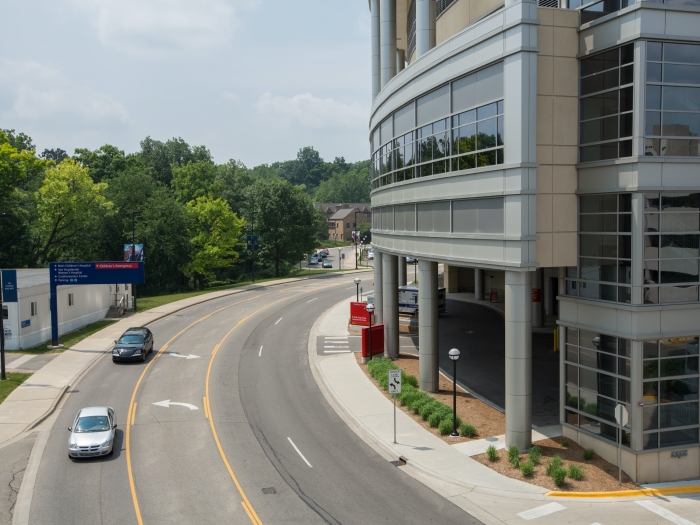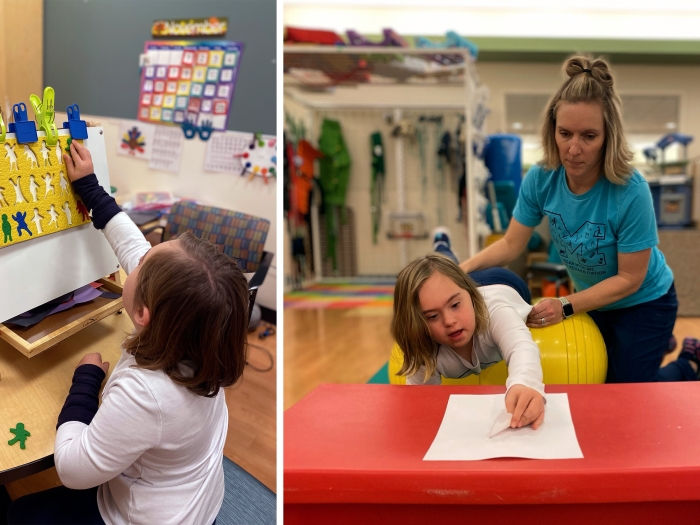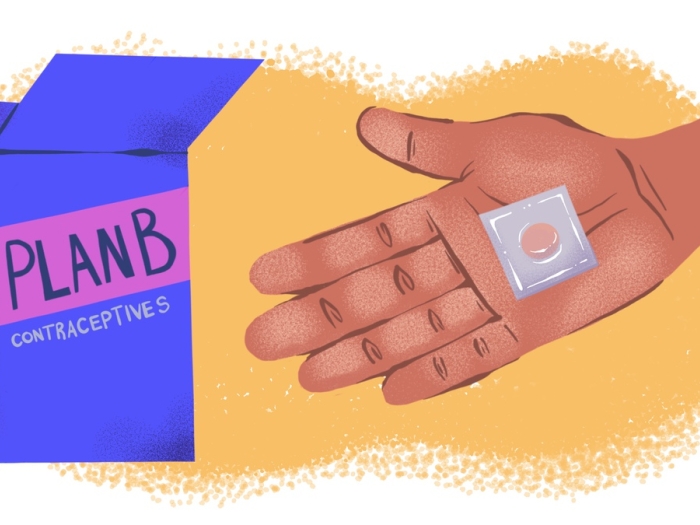An emergency department employee had a chance encounter with the Survival Flight nurse that cared for her father when she was six years old.
1:16 PM
Author |
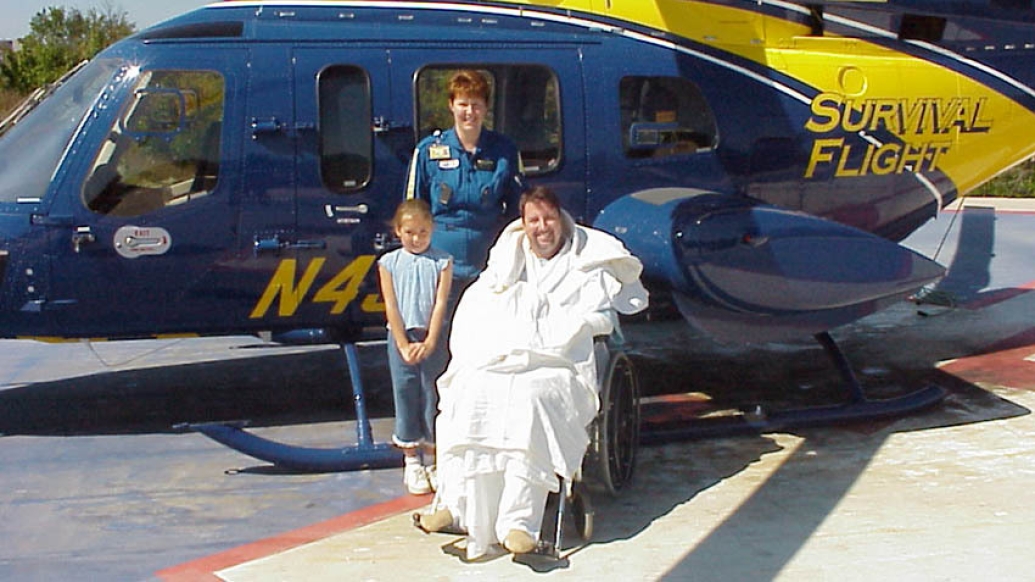
Dave Knight thought it was just another day at work in 2003 at a chemical plant in Romulus, Michigan.
"I was making a product that I had made hundreds of times before," Knight says. "I put the right chemicals in the mixing vessel, but accidentally in the wrong order, and when that happened, a major chemical reaction occurred."
The raw materials that were mixed with water erupted and doused him in corrosive chemicals leaving his right arm and his waist to his upper chest with second-degree and third-degree burns.
"My coworkers immediately got me in the shower and called 911," Knight says. "The ambulance took me to a local hospital and they looked at me and said, 'a helicopter is coming to take you to Ann Arbor.'"
Kindness and humor
Knight says that while he doesn't remember everything that happened that day he does remember his flight nurse, Elaine Philipson's, personality.
"I remember Elaine introduced herself and she was very kind and had a good sense of humor," Knight says. "I was in so much pain, but I kept my sense of humor and was trying to just keep with my surroundings. She kept me company chatting and as we approached the hospital I made a joke about bypassing the hospital to go to Las Vegas and she told the pilot."
Once the Survival Flight helicopter landed at Michigan Medicine, Knight was immediately helped to a room.
"It was the worst pain of my life," Knight says. "I have a high pain tolerance, but I had to be put on morphine before having my skin scrubbed, and that scrubbing is hard to forget."
He adds, "But everyone there was so kind to me. They were always willing to help me at all hours of the day and night."
On the third day in the hospital, Knight had a visitor.
"Elaine came to visit me in my room and met my wife, Jackie, and my daughter, Stephanie," Knight says. "She brought me a Survival Flight pin and talked to me about how I was doing. She was kind enough to ask if all of us would like to come see the helicopter."
Knight remembers Stephanie was excited.
"They had just finished another round of scrubbing me so I was freezing and wrapped up like a mummy," he says. "Elaine was very kind to Stephanie and lifted her up in the helicopter to check it out."
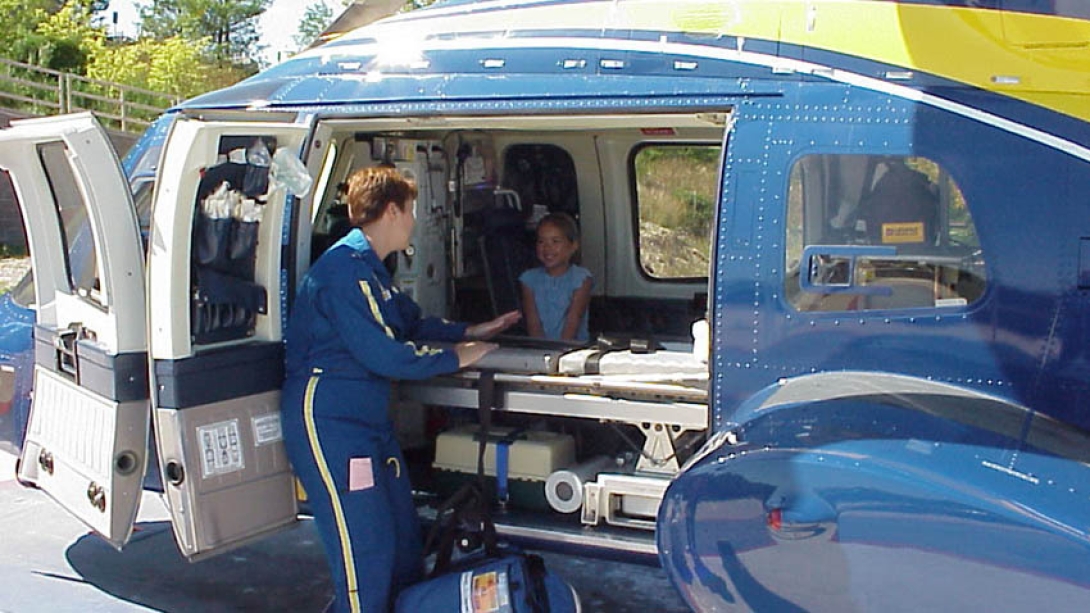
Knight was sent home to heal later that afternoon, and was grateful for the care he received.
"The treatment by everyone at U-M was first class," Knight says. "It's not something I ever want to do again, but I just remember everyone being kind."
MORE FROM MICHIGAN: Sign up for our weekly newsletter
Knight was eager to get back to work, and was able to do so after about a month.
"I healed quite well and still feel very fortunate; I was back to being a lean, mean fighting machine," he says with a chuckle.
17 years later
Stephanie, now 24 years old, chose a career in the field, and the exact hospital, that helped her dad.
She works in the Michigan Medicine Emergency Department in patient registration and is currently finishing a social work internship at Michigan Medicine before she graduates with her Master of Social Work this month.
"I'm very interested in emergency medicine social work," Stephanie says. "I always watch how the social work team interacts with patients, and I'm obviously geeked out about Survival Flight after witnessing them help my dad."
One day in September 2020, Stephanie watched two Survival Flight nurses wheel a patient into the emergency department and she heard one of her colleagues say, "Elaine."
"Elaine was still in the room so I went up to the other nurse and said 'Did you say her name is Elaine?'" Stephanie says. "When she walked out I said something like I know this is weird, but I think I know you."
Stephanie pulled up the photo she had of her, her dad and Elaine from 17 years earlier.
"She looked and goes, 'Oh my gosh, that's me!,'" Stephanie says. "I showed her how my dad gave me his Survival Flight pin and I wear it on my work I.D. badge."
"It's always so rewarding to reconnect with patients and families and see how their lives turned out," Philipson says. "We forget the impact we have on people, even in our brief interactions, that last for years. It's amazing that Stephanie chose to pursue a career in health care after her family's experience."
"It was so fun to see her again, and I'm glad it was her because if not it could have been very awkward," Stephanie laughs.
The two took a photo together and Stephanie sent it to her dad.
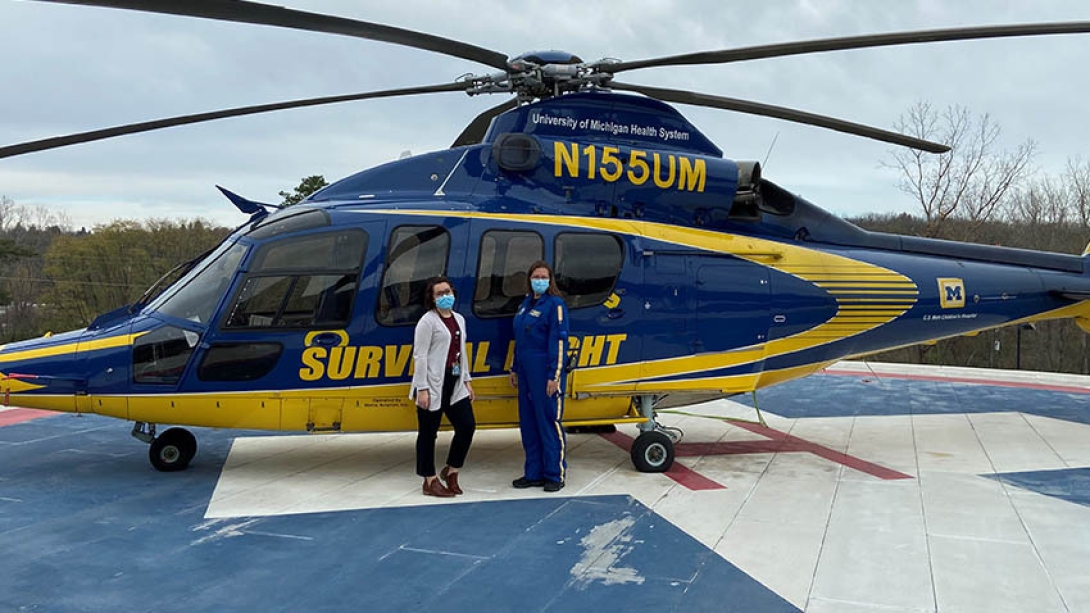
"He was surprised and thought it was very cool," she says. "I've heard my dad tell the story about being flown in Survival Flight a million times, and every time it warms my heart to hear him say how great of care he had at the place I now work."
Stephanie plans to take the lessons her dad and her colleagues have taught her into her future career in health care.
"I always think about how Survival Flight cares for people, how they helped my dad tremendously and were just so kind to my family," she says. "I'm really hoping to help patients and families the same way."
Like Podcasts? Add the Michigan Medicine News Break on iTunes or anywhere you listen to podcasts.

Explore a variety of healthcare news & stories by visiting the Health Lab home page for more articles.

Department of Communication at Michigan Medicine
Want top health & research news weekly? Sign up for Health Lab’s newsletters today!

